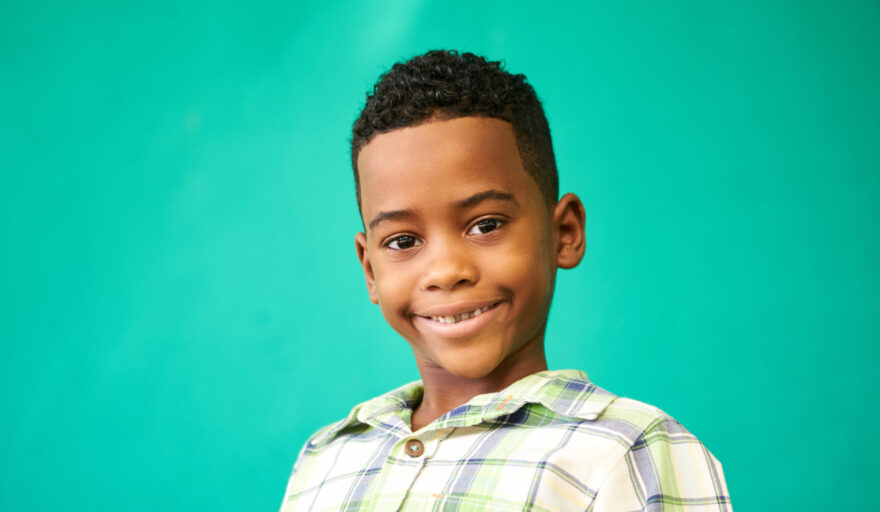CMHI: Working Toward Better Mental Health Services for Children
March 29, 2021

The Children’s Mental Health Initiative is in the midst of two multi-year studies of community agencies across Illinois to evaluate the effectiveness of children’s mental health systems.

Before COVID-19, about 10 percent of children in Illinois, ages 1-17, required mental health services of some kind. That translates into about 280,000 youths. And those figures were exacerbated by the pandemic.
How well those needs are being met is being studied by Tamara Fuller, director of Children and Family Research Center (CFRC) and research associate professor for the School of Social Work. Fuller was recently awarded a four-year grant from the Illinois Children’s Healthcare Foundation (ILCHF) to evaluate the implementation and impact of children’s mental health systems of care in five Illinois communities.
This latest grant builds off a previous grant from ILCHF to conduct a 6.5-year evaluation of children’s mental health systems of care in five other Illinois communities. The projects are known as the Children’s Mental Health Initiative (CMHI) 2.0 and 3.0.
“The goals of the projects are to improve community-based services for children with mental and behavioral health needs,” Fuller says. “These children and their families often need supports and services from many different child- and family-serving agencies, but in many communities, these services are provided in a fragmented fashion. By creating partnerships and integration among agencies and organizations, systems of care are able to coordinate services and supports to meet the needs of children and families, which is theorized to lead to improved outcomes.”
Fuller and her team at CFRC are collecting implementation data from a total of 10 Illinois communities involved in CMHI 2.0 and 3.0. The 2.0 evaluation will end in 2025; 3.0 will conclude in 2024. “We are tracking the progress in each community, doing a longitudinal survey with parents whose children are receiving mental health services, and doing site visits in each community, conducting focus groups and interviews with everyone involved in implementation,” Fuller notes.
She adds that they are collecting data from the agencies’ information management systems about the types of families being served, the types of services they receive, and the costs of those services. “We’ll see if these things change over time as systems of care are implemented,” she says.
The need for such evaluations of mental health services has been made even greater by the pandemic. “COVID-19 has had a great impact on family loss, health risks, economic stress, and disruptions in school and social relationships, all of which can lead to or exacerbate existing child trauma and mental health issues,” Fuller says. “Systemic racism also has a profound impact on children’s mental health.”
Fuller references a report by the Illinois Children’s Mental Health Partnership that outlines an urgent need to enhance the children’s mental health service system in ways that directly align with the goals of the Children’s Mental Health Initiative.
“The report highlights persistent needs for early identification of children’s mental health needs before they become crises,” Fuller says. “So, investments in prevention and early intervention are crucial. They also mentioned a push for integrated care and raised the importance of telehealth, as many services still are not available in person.
“The CMHI evaluation addresses all of these mental health service components.”
